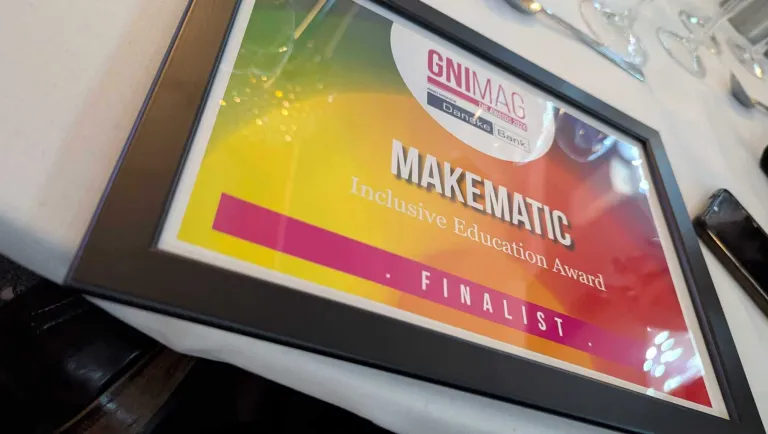
‘Make it Stick: The Science of Successful Learning’
27th August 2018
Book Review - ‘Make it Stick: The Science of Successful Learning’: Roger Brown, Henry Rosdiger III, Mark McDaniel
Does it stick or come unstuck?
I just want to start by saying that I love a good pedagogical text, especially if there are really useful takeaways and practical tips that I can use straight away. So, when I heard about ‘Make It Stick’ by Brown, Rosdiger and McDaniel, I’m not lying when I tell you that I was very excited. Yes, it's sad, but very very true. If that wasn't enough, when I read the words,“A great deal of what we think we know about how to learn is taken on faith and based on intuition but does not hold up under empirical research,”in the first chapter of the book, I was well and truly hooked.
Who would this book appeal to?
Educators - face to face or online, curriculum and instructional designers, coaches, tutors, parents, and even students.So what’s the book about?
This book analyses empirical research by cognitive scientists to try and understand how learning works.What I like about it
- I love that it is science and evidence based. So many educational texts are anecdotal, and whilst they have some interesting insights, they're not always practical in other contexts
- It dispels myths and provides some real practical applications to improve teaching practice
- It's easy to read and not overly academic. The language that is used is accessible to everyone who would have an interest in the subject
What I don’t like about it
Personally the anecdotes grate on me. In my opinion, there are way too many. I’m not saying that anecdotes don’t have a place, it’s just there are just too many in this book. That said, the anecdotes are what may make this text appealing to a wider audience.Key Takeaways
- We are poor judges of when we are learning well and when we’re not
- Rereading text and massed practice of a skill or new knowledge are by far the preferred study strategies of all learners, but they’re among the least productive
- Retrieval practice - recalling facts or concepts or events from memory - is a far more effective learning strategy that review by re-reading.
- When you space out practice, retrieval is harder, but the effort produces longer lasting learning. That’s because learning is deeper and more durable when it’s effortful
- There is no empirical evidence to support the popular notion that people learn better when they do so in their preferred learning style
Top 3 Practical Applications
- Create desirable learning difficulties. Failing and finding tasks difficult will help learning and understanding
- Use active learning methods. Retrieval, elaboration, reflection and generative practices should be used in the classroom as often as you can
- Provide constructive feedback regularly and teach your students how to deliver feedback to each other
Let's Work together
We’re a team of media professionals and educators that want to inspire a generation of global learners through smart, engaging educational content they love.
More about our services
Education
Professional Learning


Makematic Finalists in Inclusive Education Award

Makematic Partners with Rebel Girls for New Video Series
Follow us
